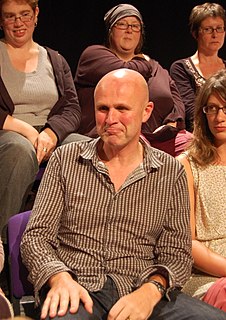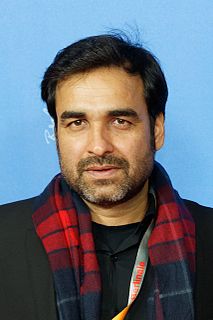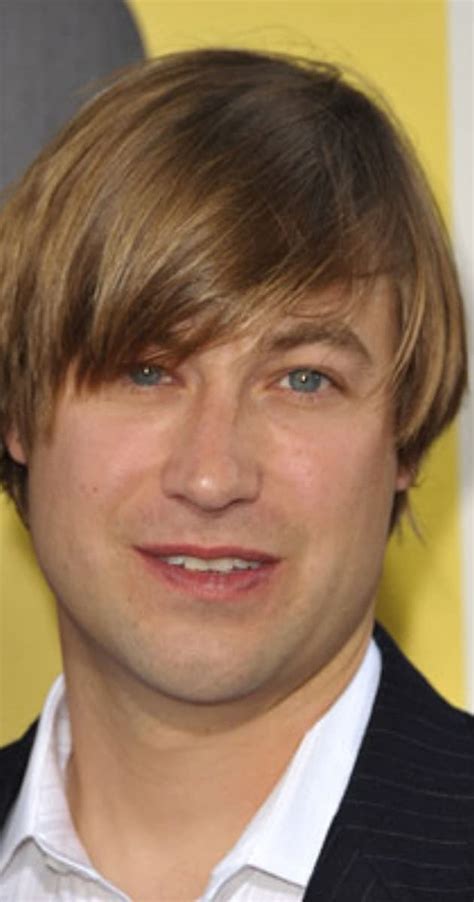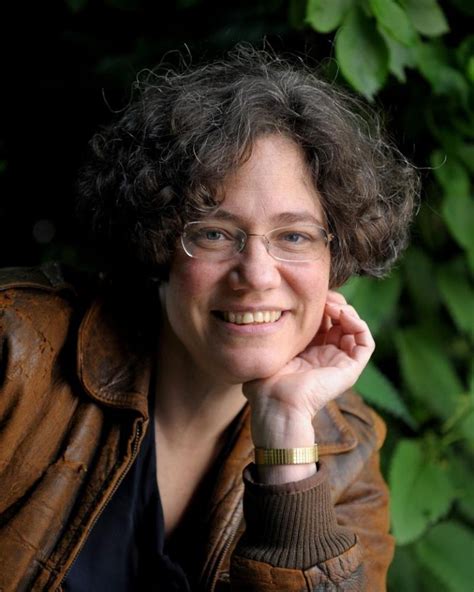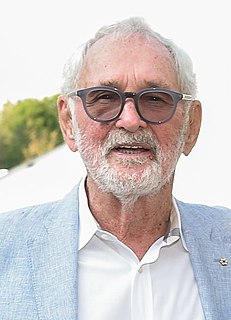A Quote by Tim Crouch
It's important to find characters that share sympathy with a young audience, not just in the story but their role in the world.
Related Quotes
Every movie has three things you have to do - you have to have a compelling story that keeps people on the edge of their seats; you have to populate that story with memorable and appealing characters; and you have to put that story and those characters in a believable world. Those three things are so vitally important.
I have always liked kind of outsider characters. In the movies I grew up liking, you had more complicated characters. I don't mean that in a way that makes us better or anything. I just seem to like characters who don't really fit into. You always hear that from the studio: "You have to be able to root for them, they have to be likeable, and the audience has to be able to see themselves in the characters." I feel that's not necessarily true. As long as the character has some type of goal or outlook on the world, or perspective, you can follow that story.
If you get the characters right you've done sometimes nearly half the work. I sometimes find I get the characters right then the characters will often help me write the book - not what they look like that's not very important - what people look like is not about their character. You have to describe the shape they leave in the world, how they react to things, what effect they have on people and you do that by telling their story.
I think up to this point, it's been difficult to suggest a world where Batman and Superman and Wonder Woman and others could exist in the same universe. That was one of the things I really wanted to try and get at. Not to mention, the amazing opportunity to bring those characters and have those characters tell an important story, their own story, within the confines of a film.
When you create those characters that people love and care about and put them in a dark hallway, already the audience is on edge, and they feel empathy for that character. Then it's up to me to decide what jumps out in that hallway. So I think laying that foundation of strong characters and strong story is the most important thing in a horror film.
